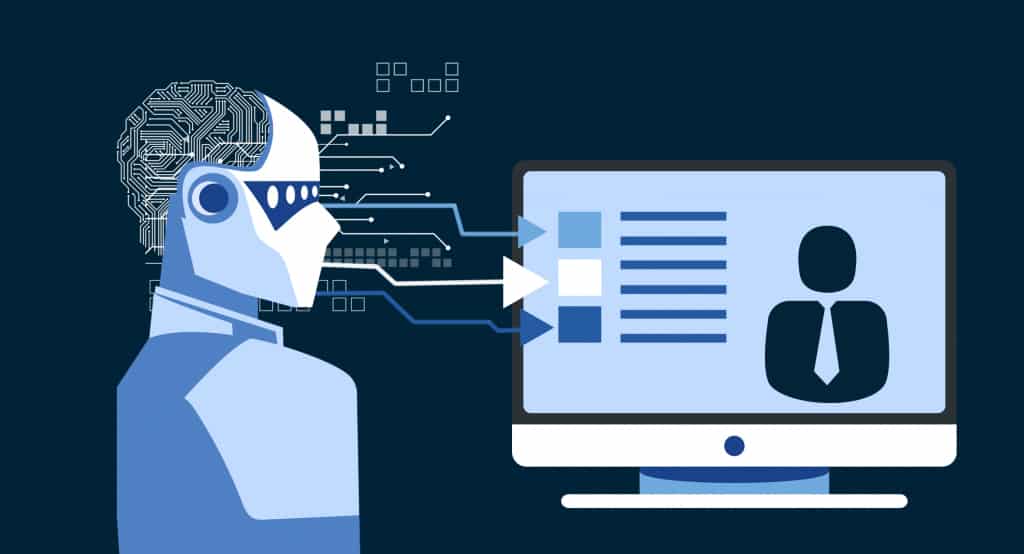
Dealing with an Insecure Coworker at Work
At some point of time in all our careers, we will have to do deal with this issue, or a similar one – if most of us haven’t already. A work place is after all made up of humans, who are made up of complex emotions which can often be hard to understand. However, dealing with an insecure or jealous coworker is no piece of cake. It is worse when you know for a fact you haven’t done anything to invite the spite and jealousy you have been receiving. But is this a situation that is worth any grief? Absolutely not. Because it can be handled. And here’s how.
-
Don’t antagonize the situation
At times, when we feel we’ve done our best at helping the situation and still haven’t succeeded, we turn to the other side. We think that paying them back with the same coin might help, unfortunately that is hardly ever the case. Instead, hold your ground, keep calm and carry on. Never antagonize an already insecure person. When the time comes, you should be able to show that you’ve always taken the higher road.
-
Try to introspect
Could you be giving them a reason to behave the way they’re behaving? Your first reaction might be “no”, but spend some time thinking about this. Especially if you feel the situation is starting to really bother you. After all they say there’s never any smoke without a fire. It might even be something really small and insignificant. However, if you identify it and fix it, your problem is solved without any further damage
-
Communicate
Try speaking to your coworker directly and ask how you can help them. Tell them how of late you’ve been getting a sense of discord between the both of you, and it’s going to be difficult to work together if this uncomfortable atmosphere persists. The minute you start feeling as if whatever is happening is taking a toll on your work, speak up. Try to communicate with the person concerned directly to solve the issue. And if that doesn’t work, you might have to escalate it.
-
Know when to escalate
If you’ve done everything you can to understand and help the situation, and it still persists, escalate it to your HR manager. At first it may seem petty because if there is no “real” problem and simply a case of insecurity from the concerned colleague. However, beware that these seemingly insignificant and petty issues can be blown out of proportion. Before you know it, you’ll be on the line of fire for something you’re not responsible for. In order to prevent it from getting there, know when to escalate the issue.
-
Over everything else, be professional
Ways that your coworker will display his/her insecurity is by being rude to you, creating unnecessary hindrances in your work, not cooperating as a team mate, and even by spreading rumours and making false accusations. All of this might get a little tough to handle and accept, especially when you are not at fault. However, remember what will set you apart from the concerned colleague is how professionally you deal with the issue.
Remember to put sensitive conversations on record so you can use it as evidence later, if required. Do give the other person the benefit of doubt that he/she might be dealing with something you aren’t aware of, and perhaps this misplaced sense of insecurity is stemming from there. However, remember that there’s only so much margin for error that can be granted. If you feel like a line is being towed, or you’re unable to give a 100% to your work because of this issue, flag it to the management.
Want to know more about conflict resolution methods? Read our post on it, here.




